Homeschool from the non-expert
People often tell me, or ask me, or mention to me something about homeschool or homeschooling and I’m pretty nearly clueless.
Sure, I’ve heard the terms and can sometimes even understand when the long-timers start talking about their homeschool lingo. But, I usually laugh, shrug, and say, “Yeah, we’re unschoolers“.
In fact, I think we’re a new category of un-unschoolers.
This is not or everyone
Not everyone appreciates this style, and I get that.
Many mothers, in particular, seem to struggle with the fear that their children aren’t being filled up with educational experiences as possible. I can promise that the less full we leave them the more they will blossom on their own. Let them be full of curiosity. It’s hard not to want to explain every fact at every question, but my 6-year-old doesn’t need me to go into a unit study on the weather when she asks, ‘Why does it thunder?’ (But trust me, it’s a difficult temptation to avoid.)
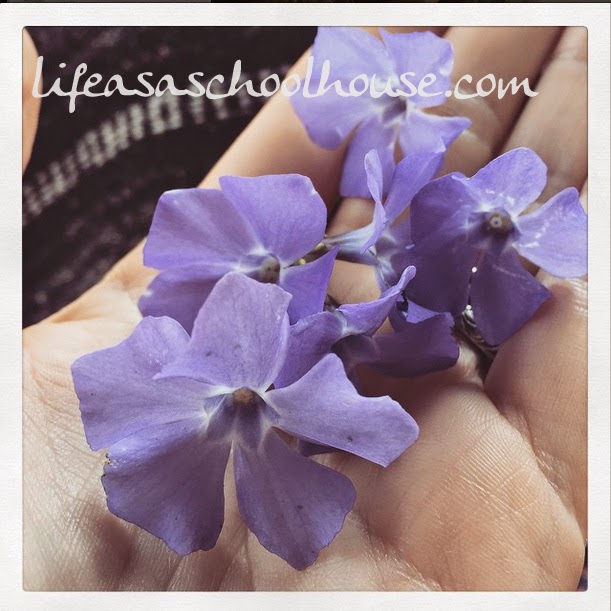
Educating my children has become more about me educating and molding myself into a curious being–someone willing to trust and experience and be willing to have wonder. It’s blissful, but it isn’t easy. But I would encourage you to try!
Maybe we’re ‘wonder-schoolers’…I think I like that
Why unschool?
We truly believe that learning is a completely natural process and that in a literate home, it would be impossible to raise uneducated children.
Life offers daily opportunities to teach and more importantly, demonstrate learning to our kids.
Having tried structure, and knowing the learning styles of our children it is painfully apparent that a classroom-type style of teaching/training or rigid curriculum is painful, stressful, and unproductive. It’s more important for our home to have peace. It would also be detrimental to their love of learning to continue to pursue more ‘traditional’ education styles.
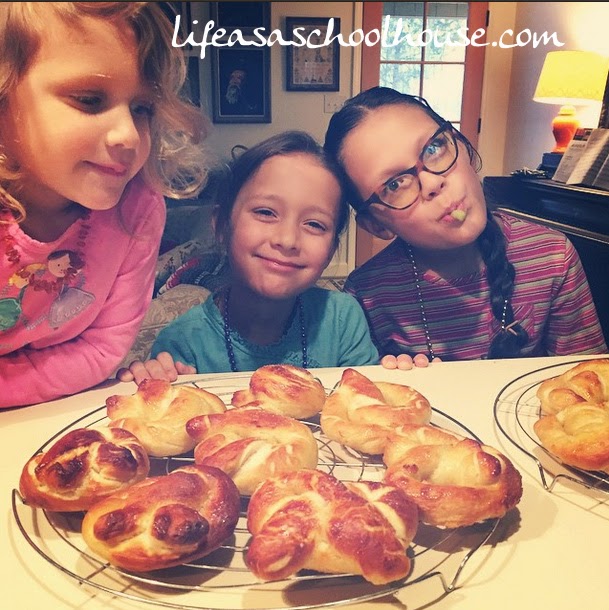
How we do it!
Our kids are not entirely free to do whatever they want all day. Our lives are structured with yearly, monthly, weekly, and daily rhythms.
Chores, farming, small bits of math, and reading work are incorporated and required from our kids. However, the majority of their day is unofficially structured. Free time, rest time, playtime, creative time, exploration time.
While they are expected to uphold some responsibilities, even our 3-year-old, we have merely tried to create an environment in which they can find and do and ask. We often encourage or come up with new games, projects, etc. and through living and working together as parents we are learning our children’s gifts and struggles. We try to creatively meet their needs without stressing too much about the standards school systems would impose, and more on how confident they feel as learners.
Too many structured activities are the opposite of what we’re going for.
We’d love to have our kids play soccer and little league and join the swim team and take art classes and more.
But, the point of having them home is not to run around like chickens with their heads cut off. We have to make a concerted effort not to jump in on too many co-ops and extracurriculars so we can be at home and unstressed. These boundaries are the hardest to maintain. Our children have chosen ballet and music lessons and we have to draw a line there.
This has been important for us.
It is not always perfect and that is okay
Everyday is not perfect and being with kids and responsible for their training ALWAYS comes with frustrations and head-butting. But, we also have plenty of time to overcome these difficulties together, and knowing that our goals are specifically to offer our kids freedom and free-thinking help us maintain balance. Most days.
Pretty much John Holt has already said everything important, read some of his inspirational books!
What do you think, are you Wonder-Schoolers, too?
[activecampaign form=25]
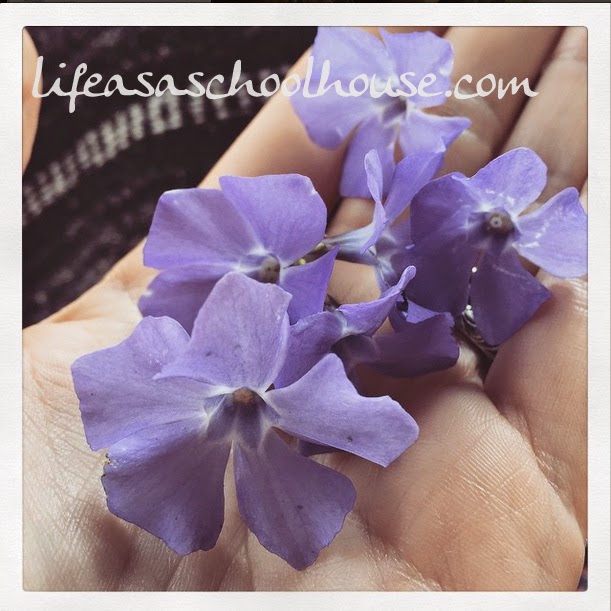
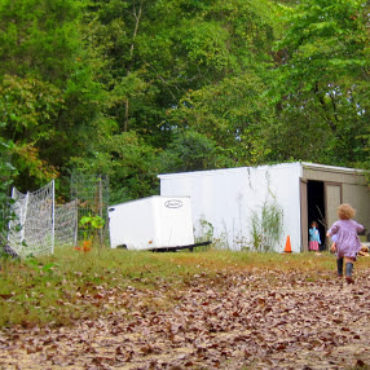
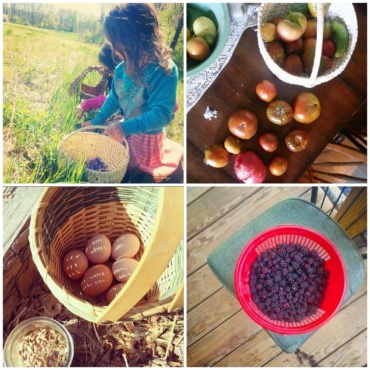



Add Comment